1、 Clivia root cultivation method
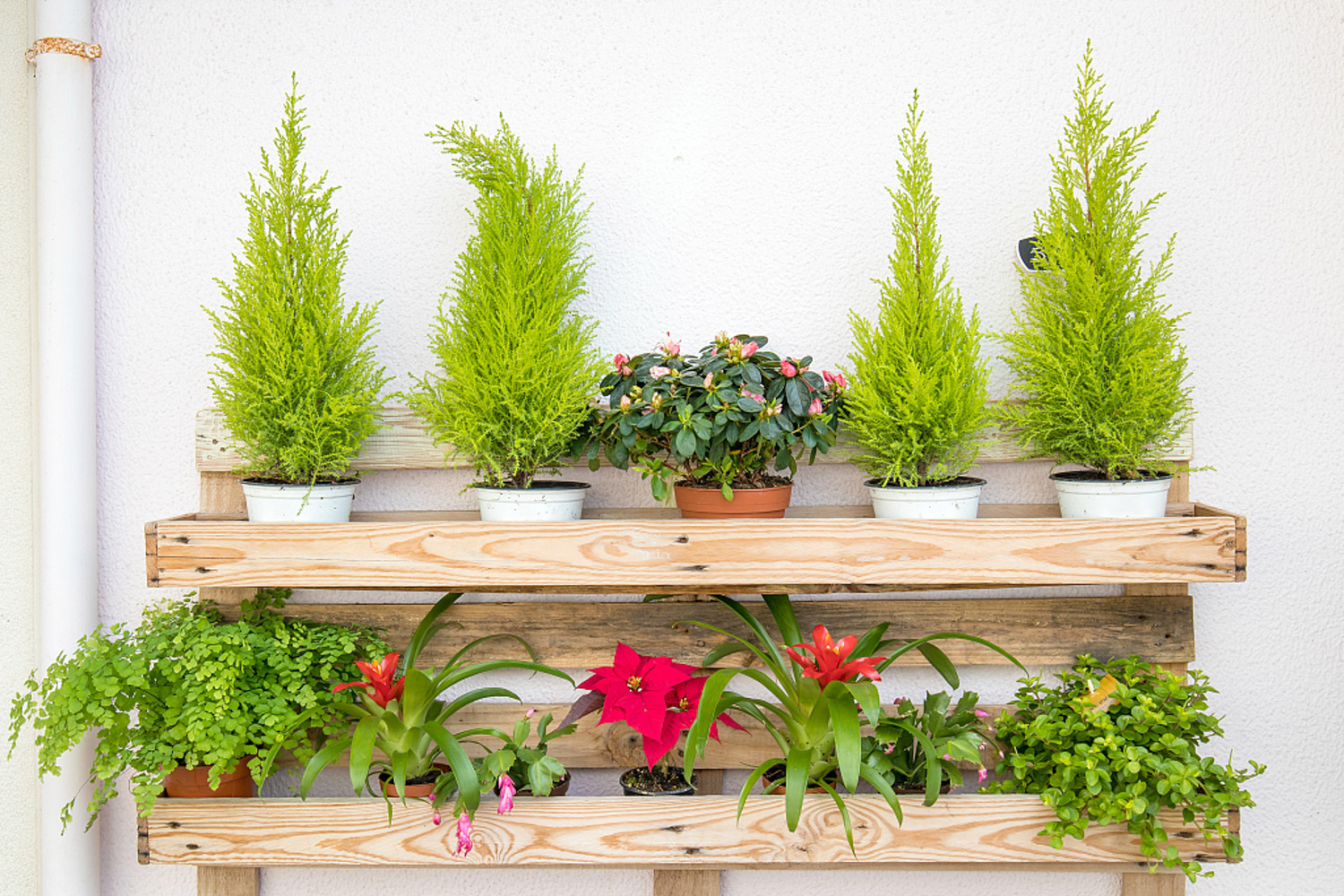
How does Clivia attract roots
1. Soak Clivia without roots or after pruning rotten roots with carbendazim for 20 minutes, and then dry it in a place with astigmatism and ventilation. When the roots turn white, you can plant them
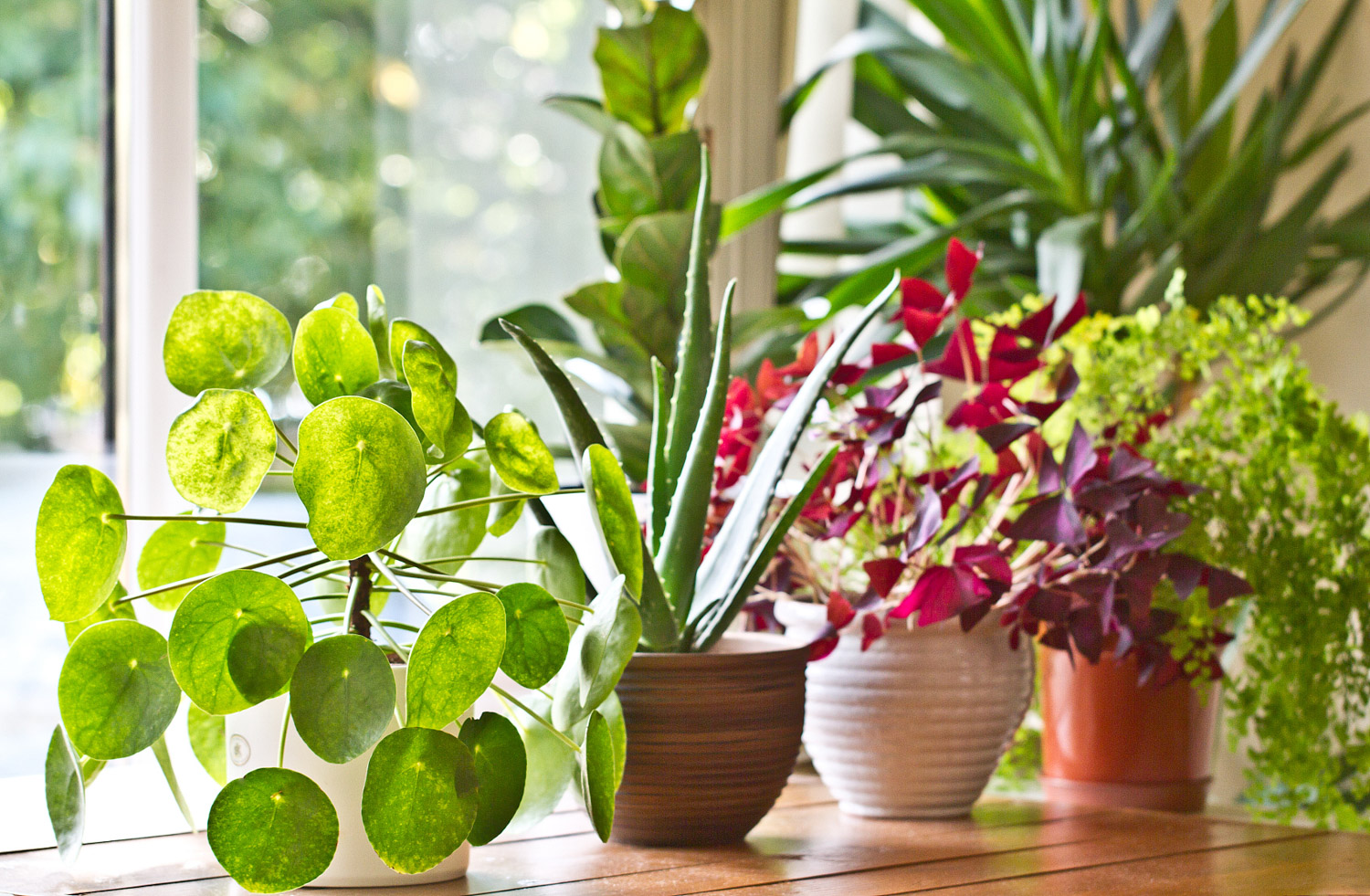
2. Soak the water moss for 10-20 minutes, then take out the water moss and squeeze out the water with your hands. Don't hold it too tightly
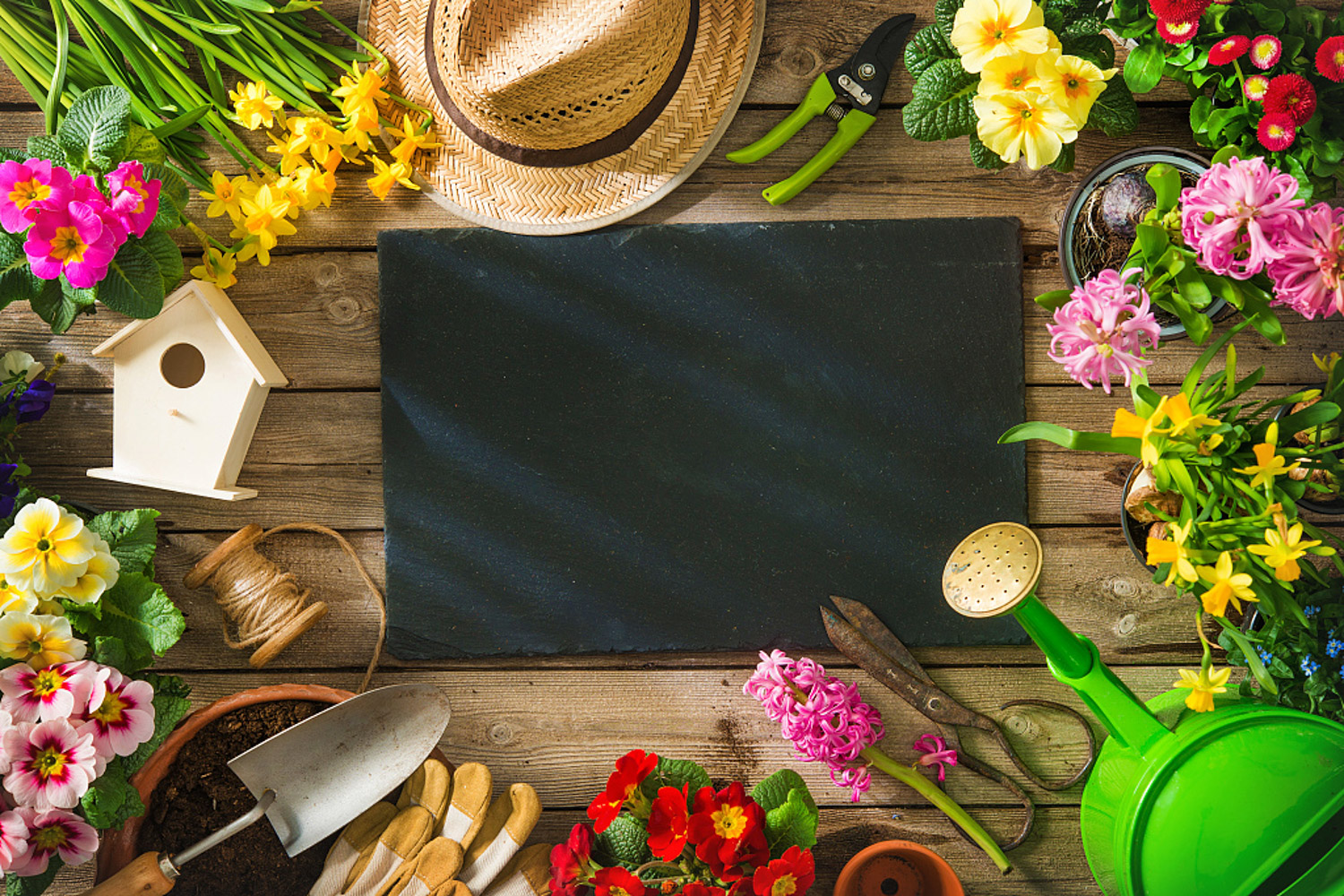
3. Wrap the root of Clivia loosely with water moss, leaving no gap and not too tight
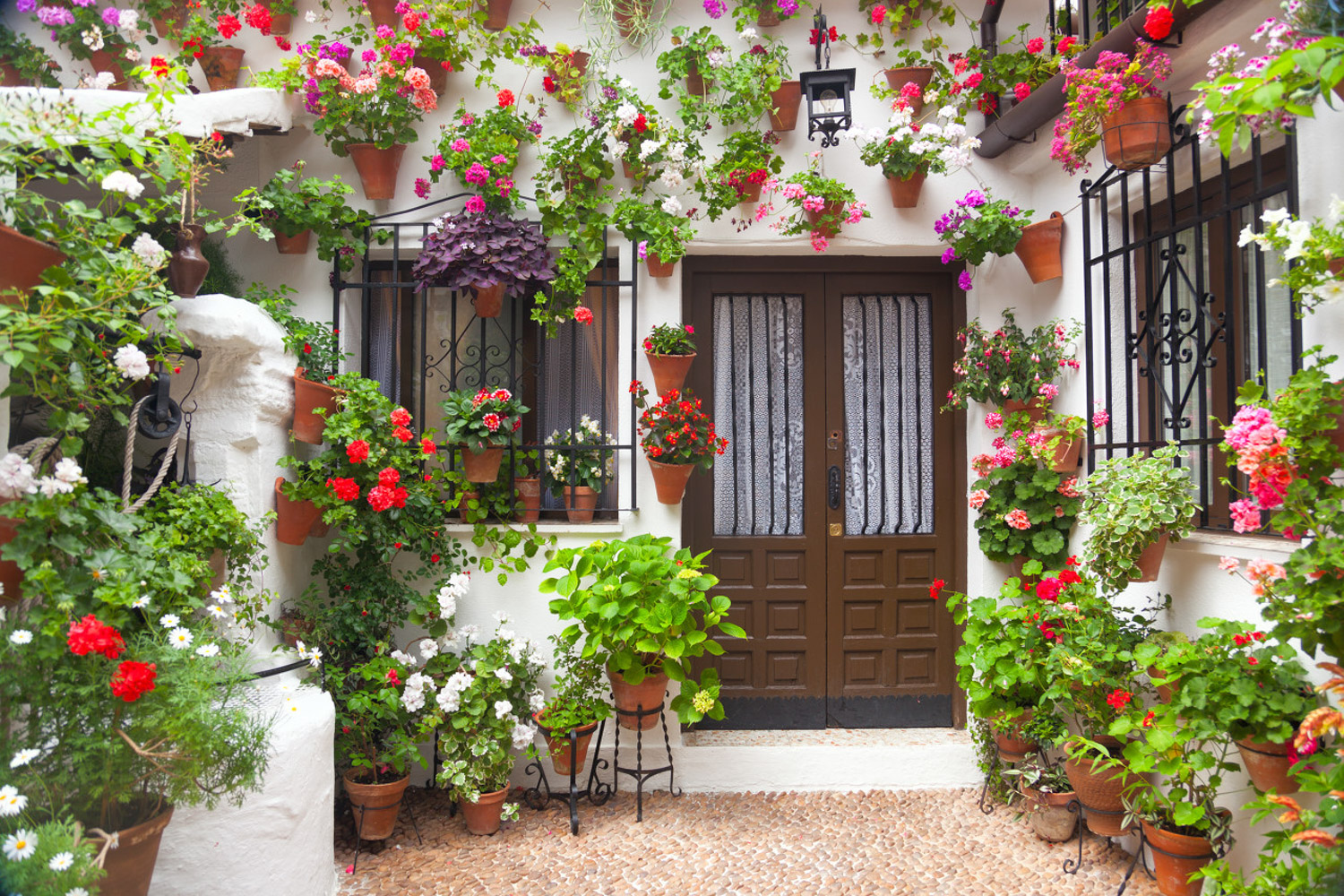
4. Keep the root of the flowerpot well ventilated, and keep it well ventilated
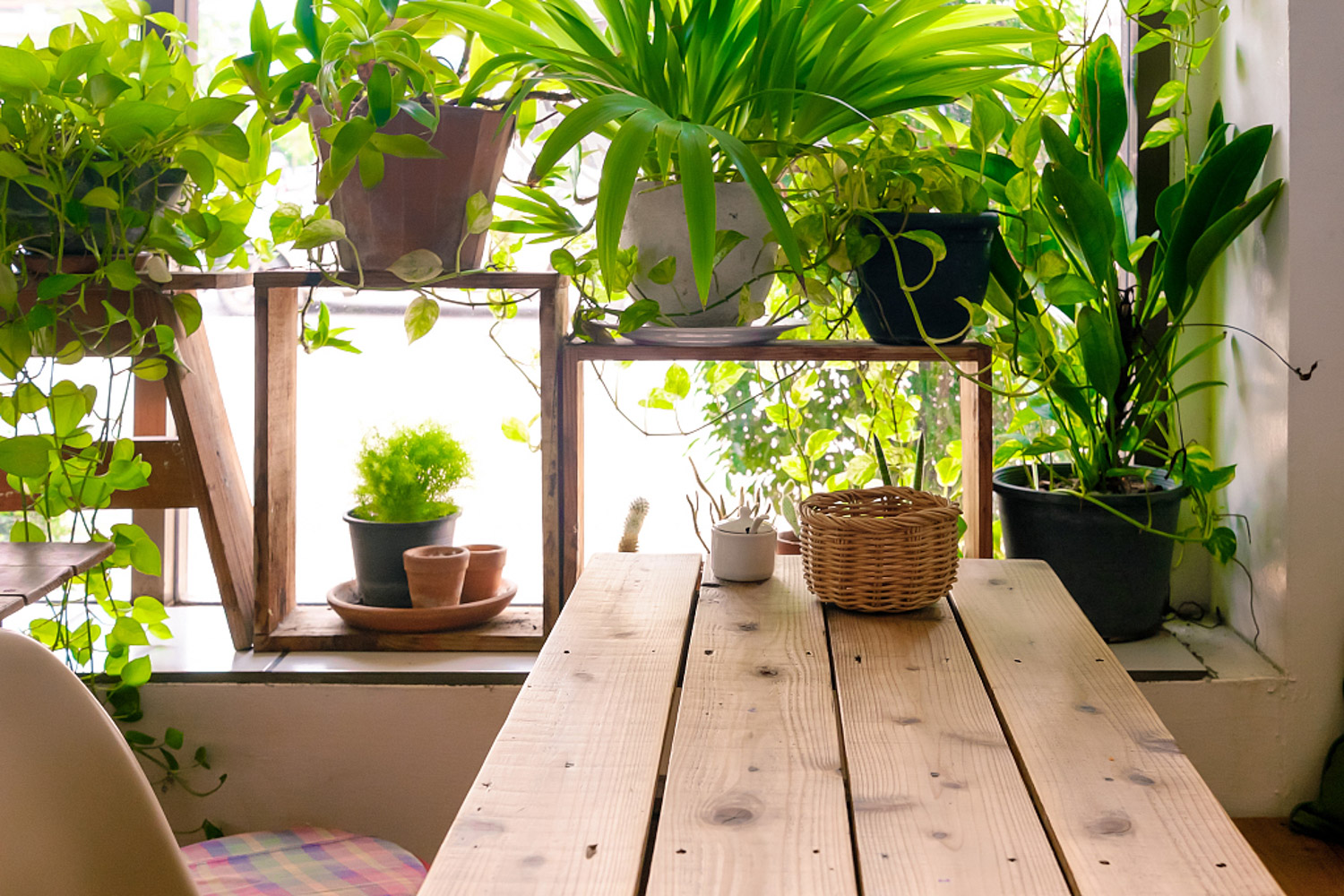
5. When the surface of the water moss is 3cm dry, spray water. Don't spray the flower heart. Only spray it on the water moss. There can be no ponding. If there is ponding, you can take it out and control the water
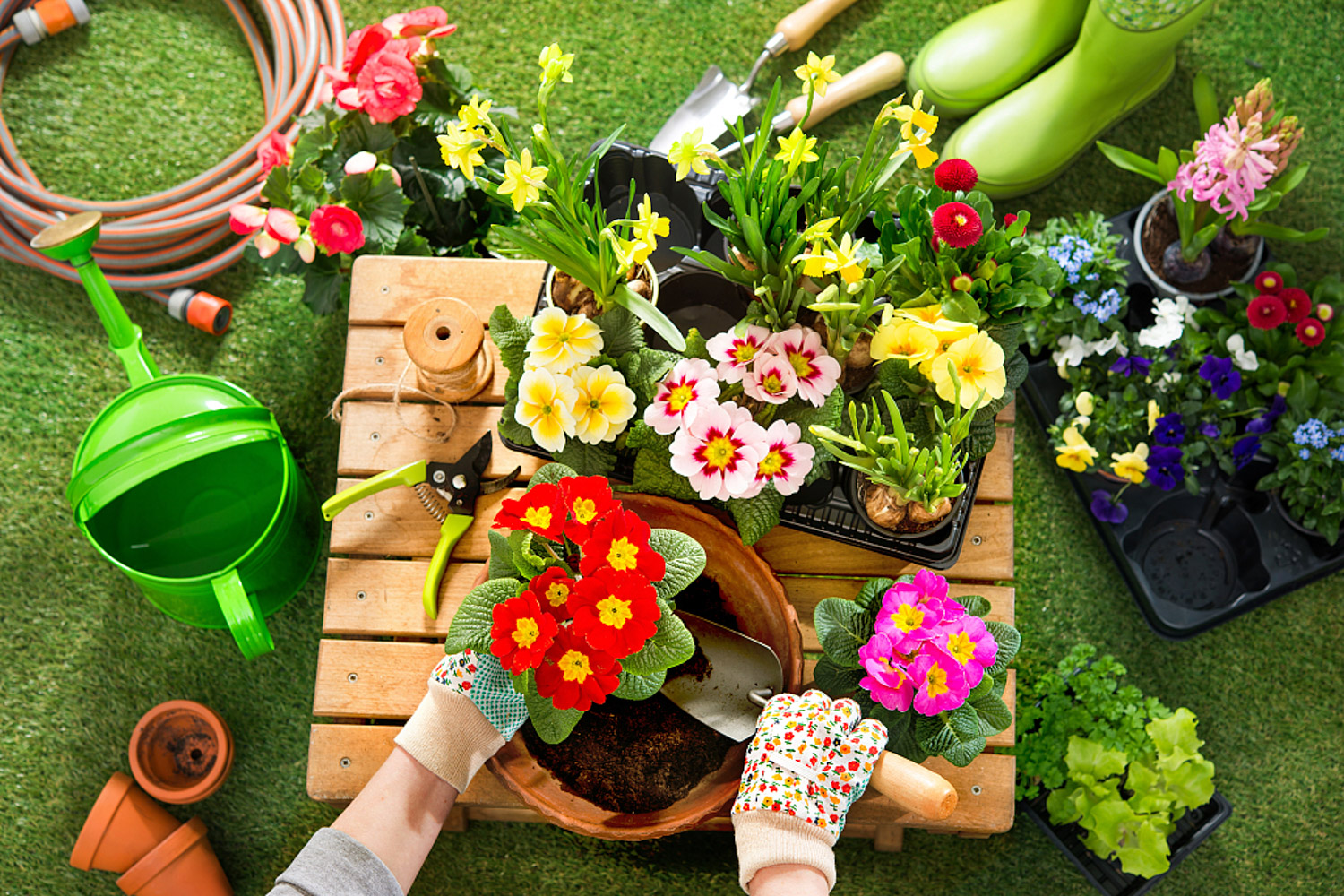
In 6.2-3 weeks, the roots of Clivia will produce strong, white and fat roots. At this time, it can be cultivated in soil. It's no problem to continue to grow with water moss
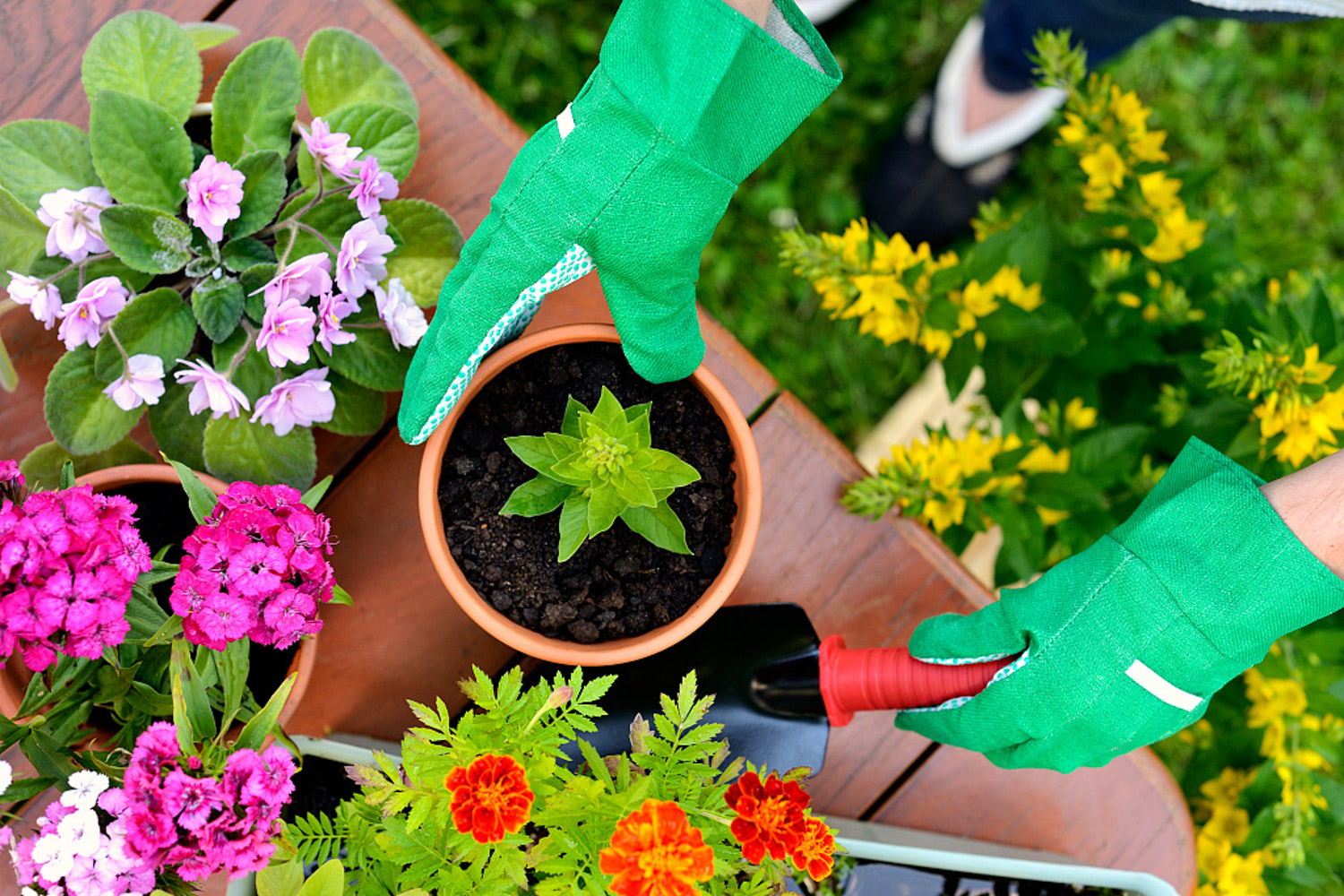
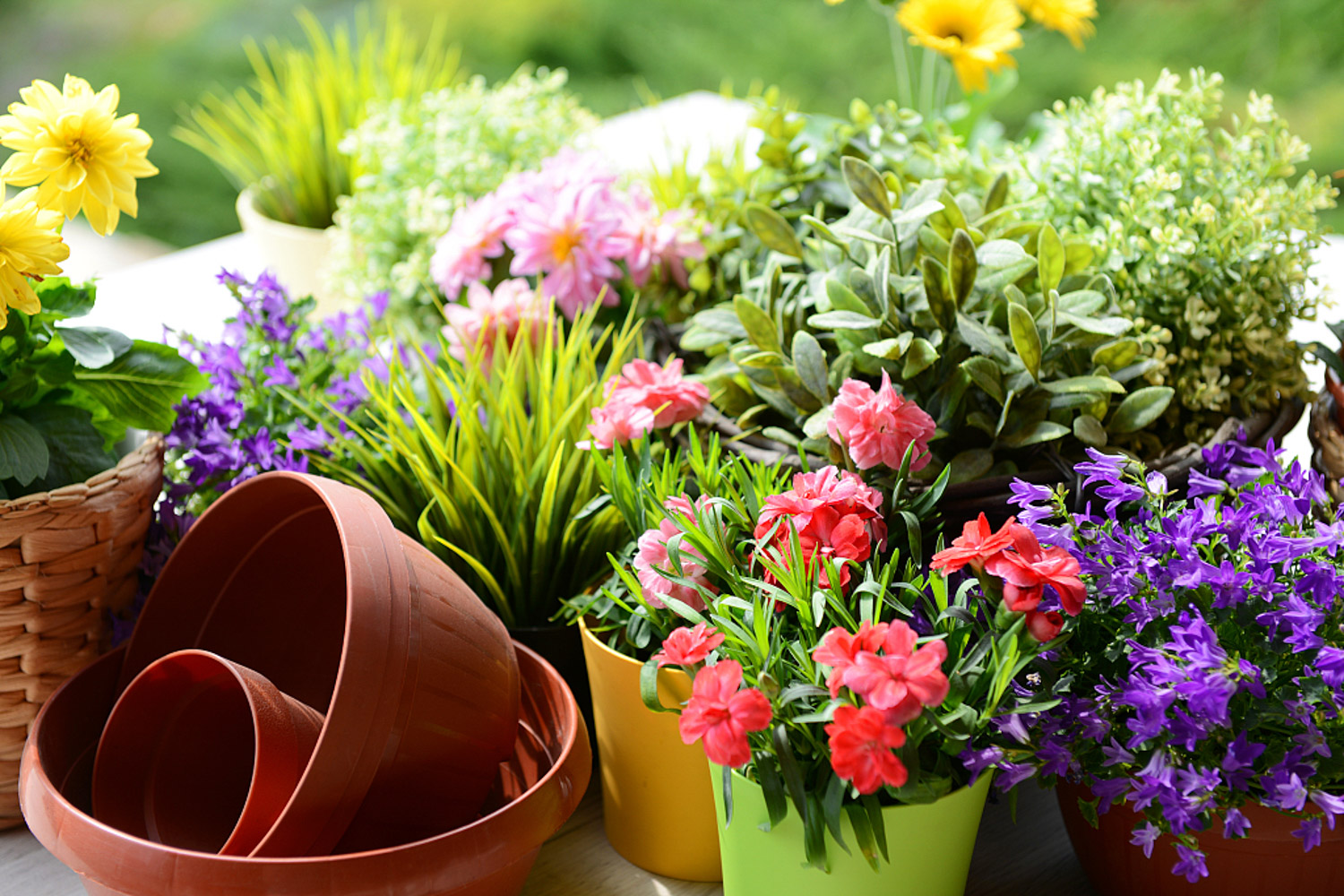
How does Clivia grow roots
Illumination

Although Clivia is shade resistant, it is wrong to keep Clivia in a cool place without light for a long time. Good light is conducive to promoting plant rooting and leaf growth. Except in summer, flower friends can keep Clivia in a place scattered by sunlight
Soil
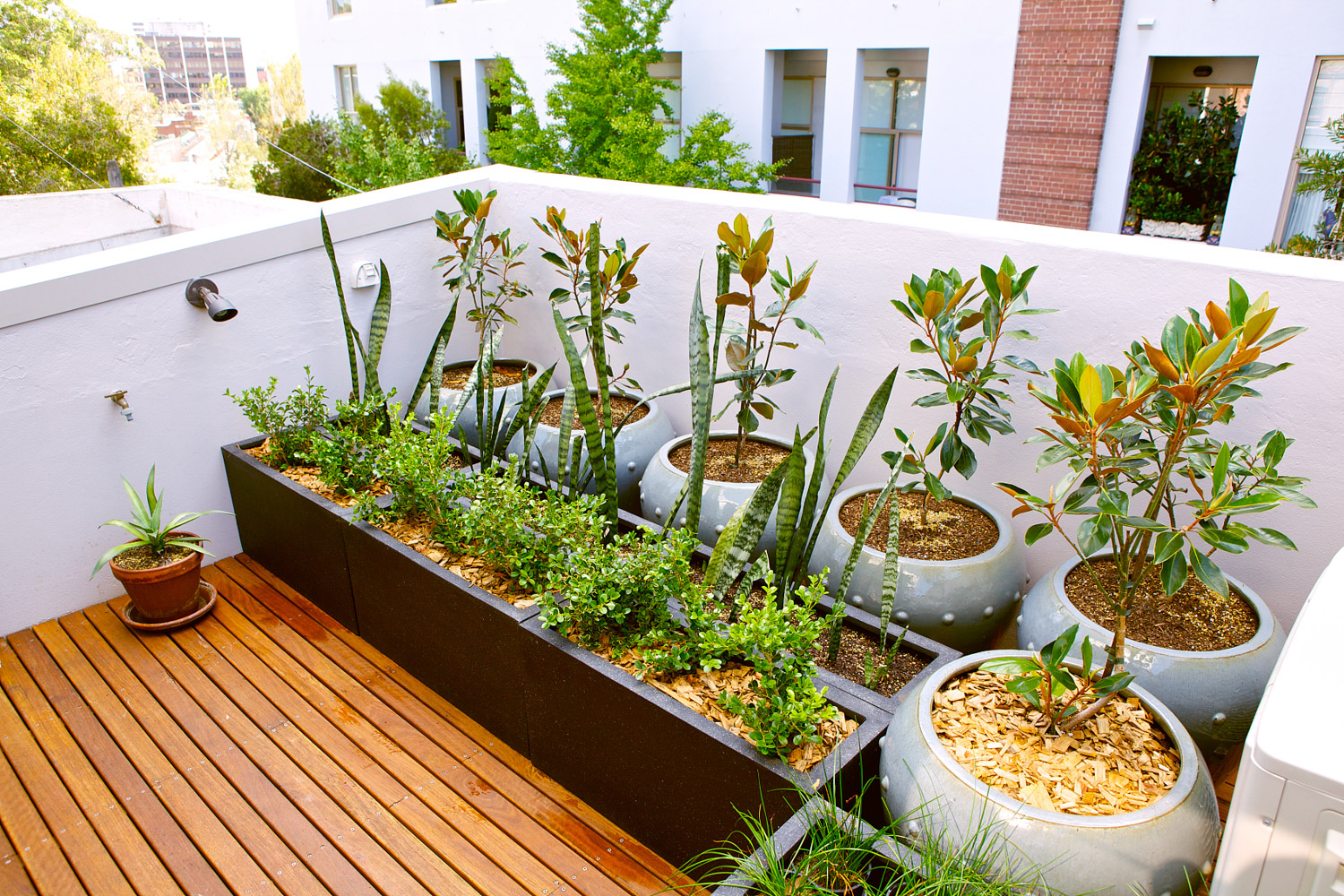
In order to raise the root of Clivia, there must be good soil. The principle of good soil: rotten, breathable, absorbing water and retaining water. The following is the soil mixing method of Clivia recommended by Daren Huayou, which can be referred to by my friends:
① 60% rotten leaves, 20% pine needles, 15% sand, 5% charcoal particles
② 50% rotten leaves, 20% pine needles, 10% coarse sand, 10% charcoal, 10% others
③ 40% pine bark, 20% river sand, 20% pine needles, 20% humus
Moisture
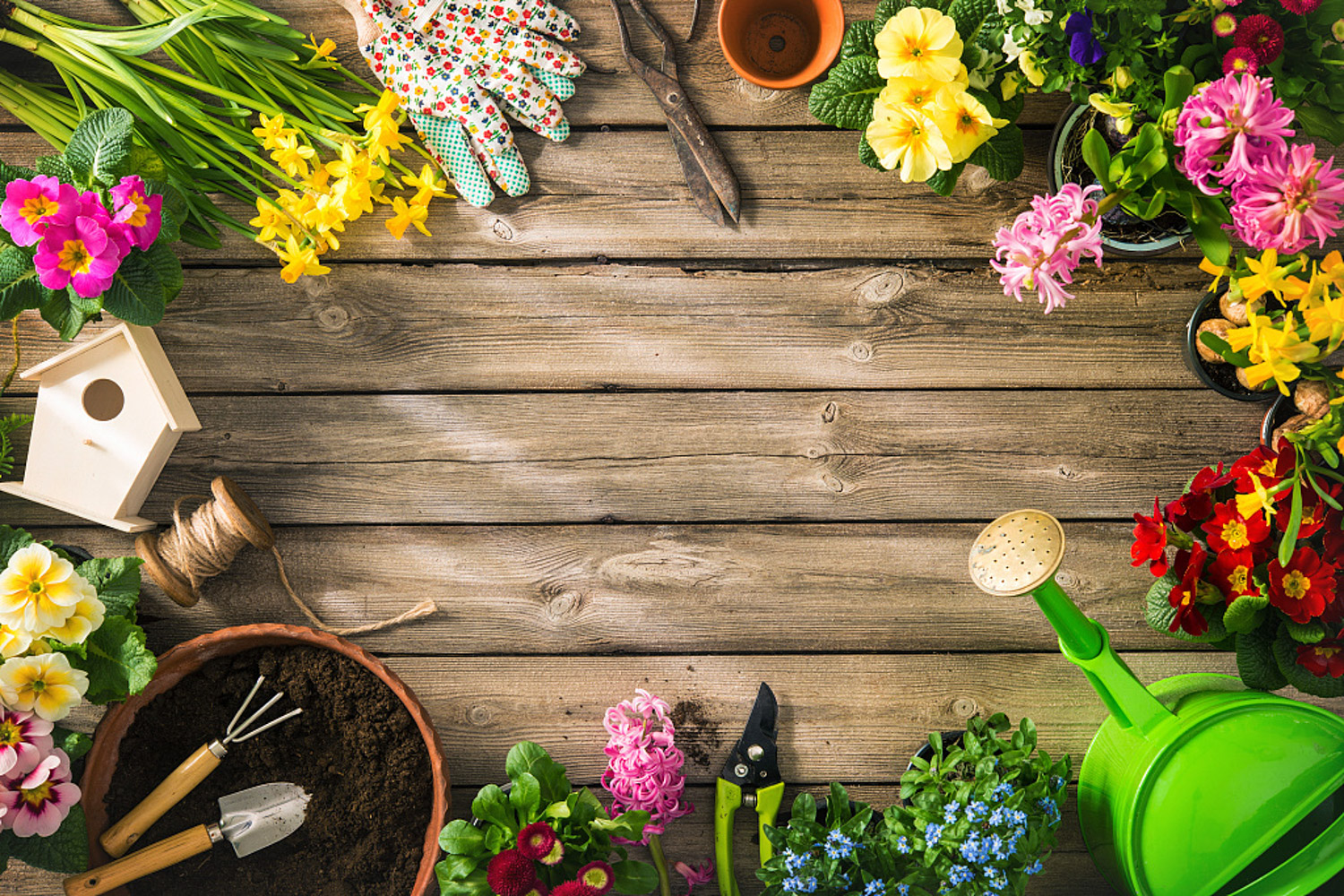
Don't water Clivia too much, otherwise it is easy to rot. insert your fingers or chopsticks into 1 / 3 of the flower soil of Clivia and feel wet, so you don't need to water. If you feel wet or moist, you can water it
Nourishment

Clivia is a fertilizer loving plant. If you want to have a good root, you must have enough fertilizer. Spring and autumn are the vigorous growth period of Clivia, with high demand for nutrients. When changing pots, 10% of the fried sunflower seeds, hemp seeds, Suzi, Castor seeds, charcoal and bone meal can be used as the base fertilizer
During the growth period, light pancake fertilizer water, bean cake water or fishy water dominated by nitrogen fertilizer are usually applied every 10 days
2、 Method of nourishing roots with meat
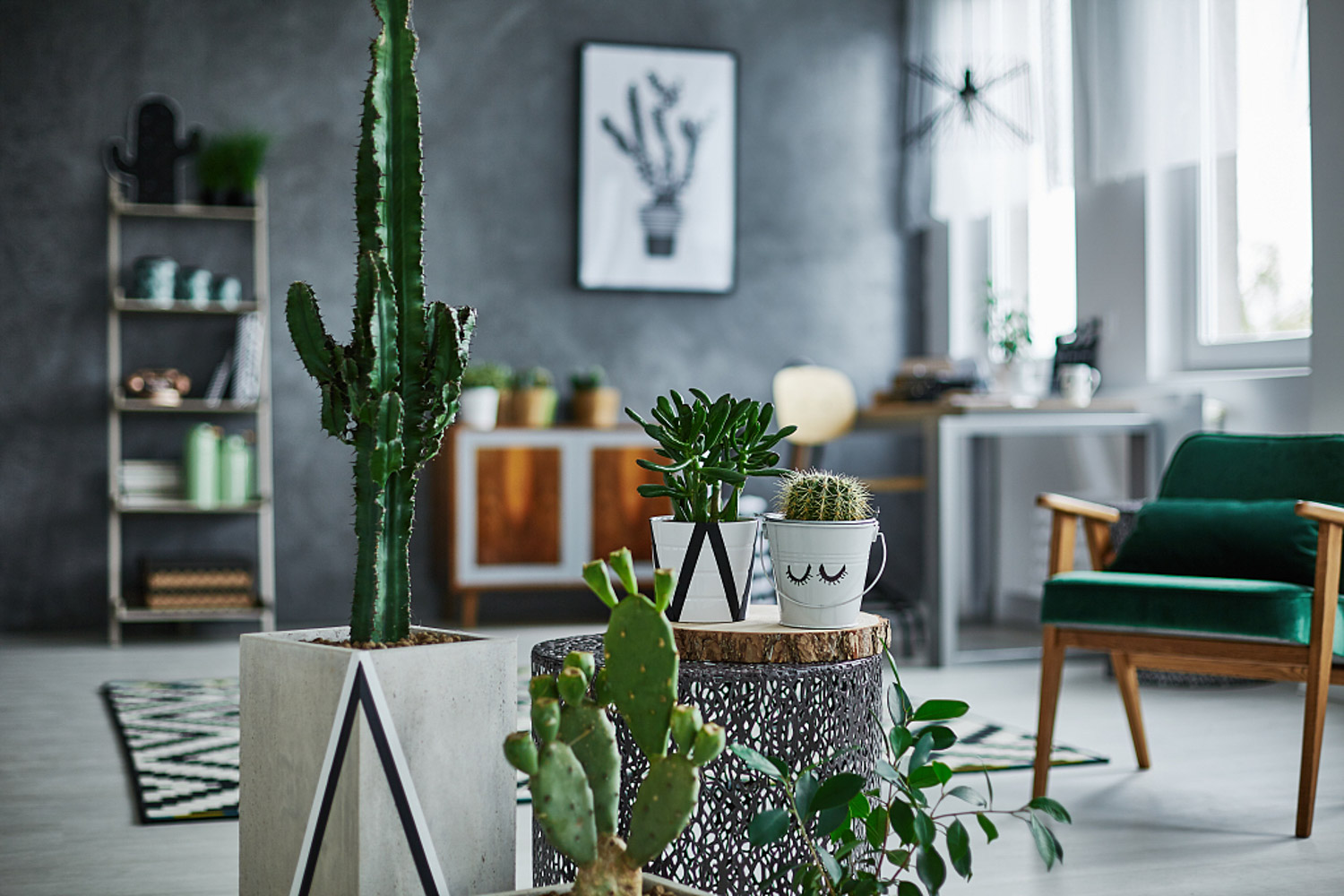
How does meat lure roots
Many small partners behead or receive beheaded meat. Generally, they put it directly on the soil to let it take root. It is slow and the survival rate is still low. It is better to use water to induce rooting, which can take root in 3-7 days. Beheading and leafy meat can also be used
1. Put the cut meat in a place with astigmatism and ventilation for 1-2 days, dry it, and wait for the wound to heal
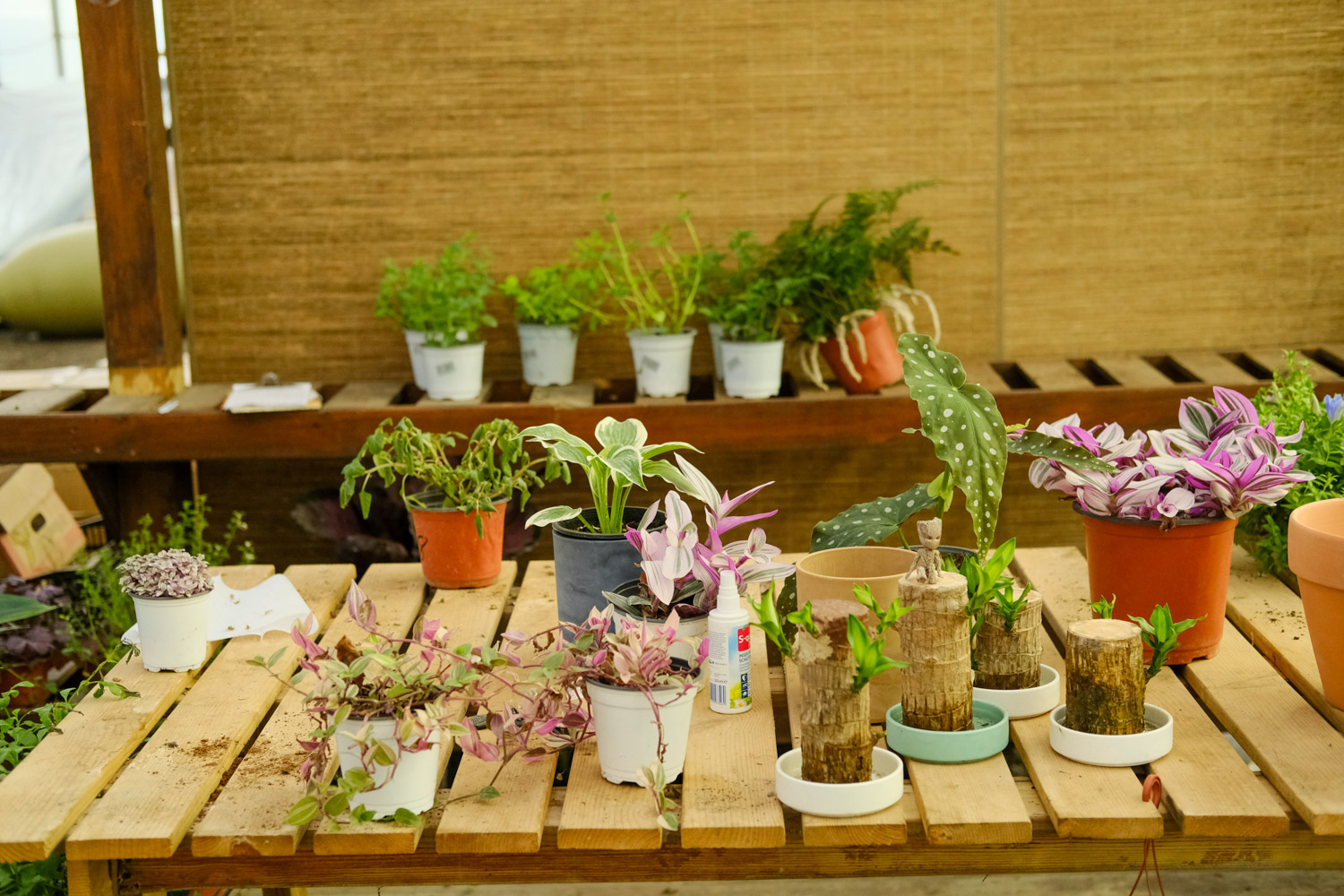
2. Find a bottle or cup, fill it with water, and put the meat at the mouth of the bottle. The bottom is about 1cm away from the water surface, but do not touch the water
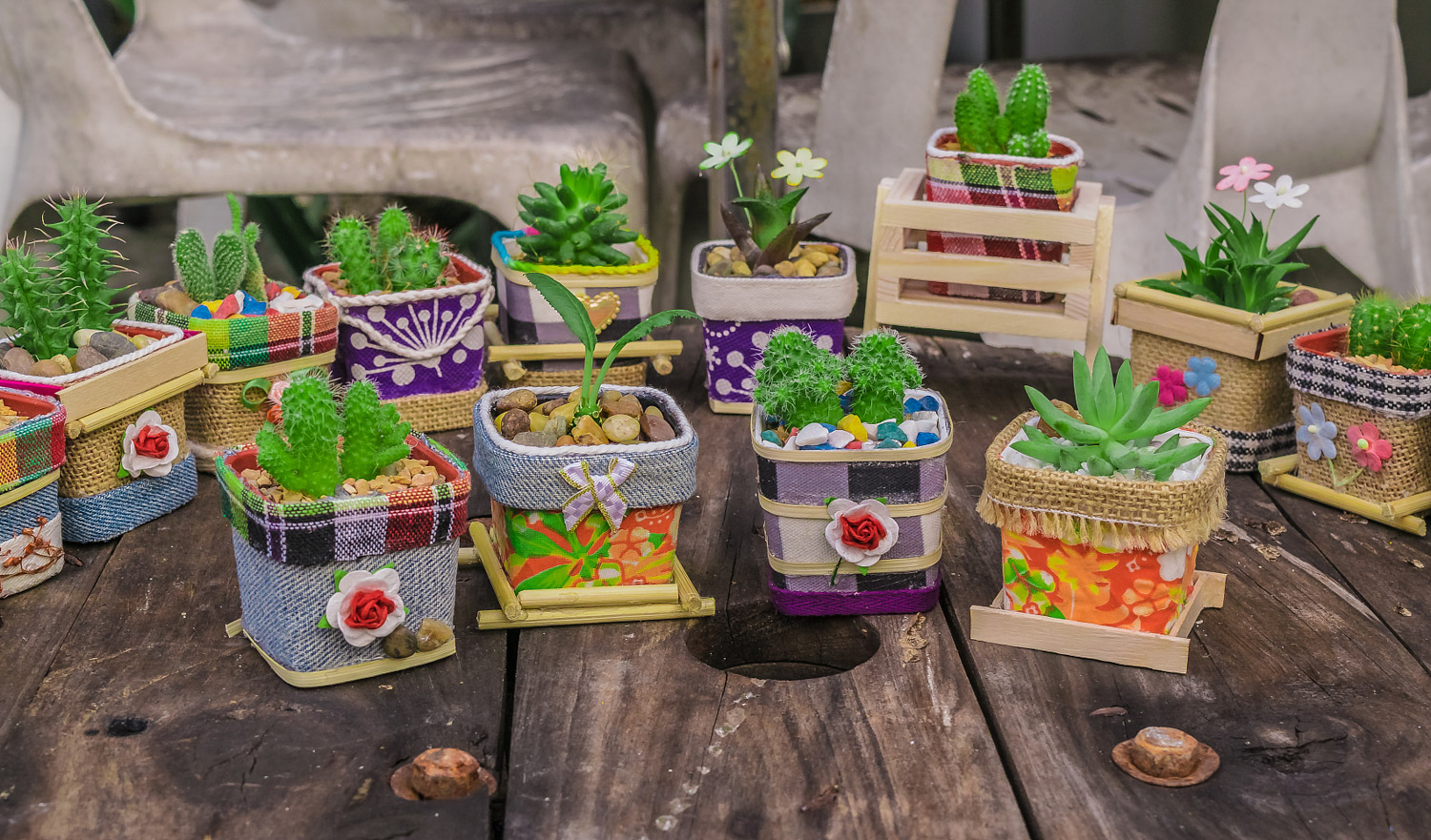
3. Put it in a place with astigmatism and ventilation. If it is fast, it can take root in about 3 days
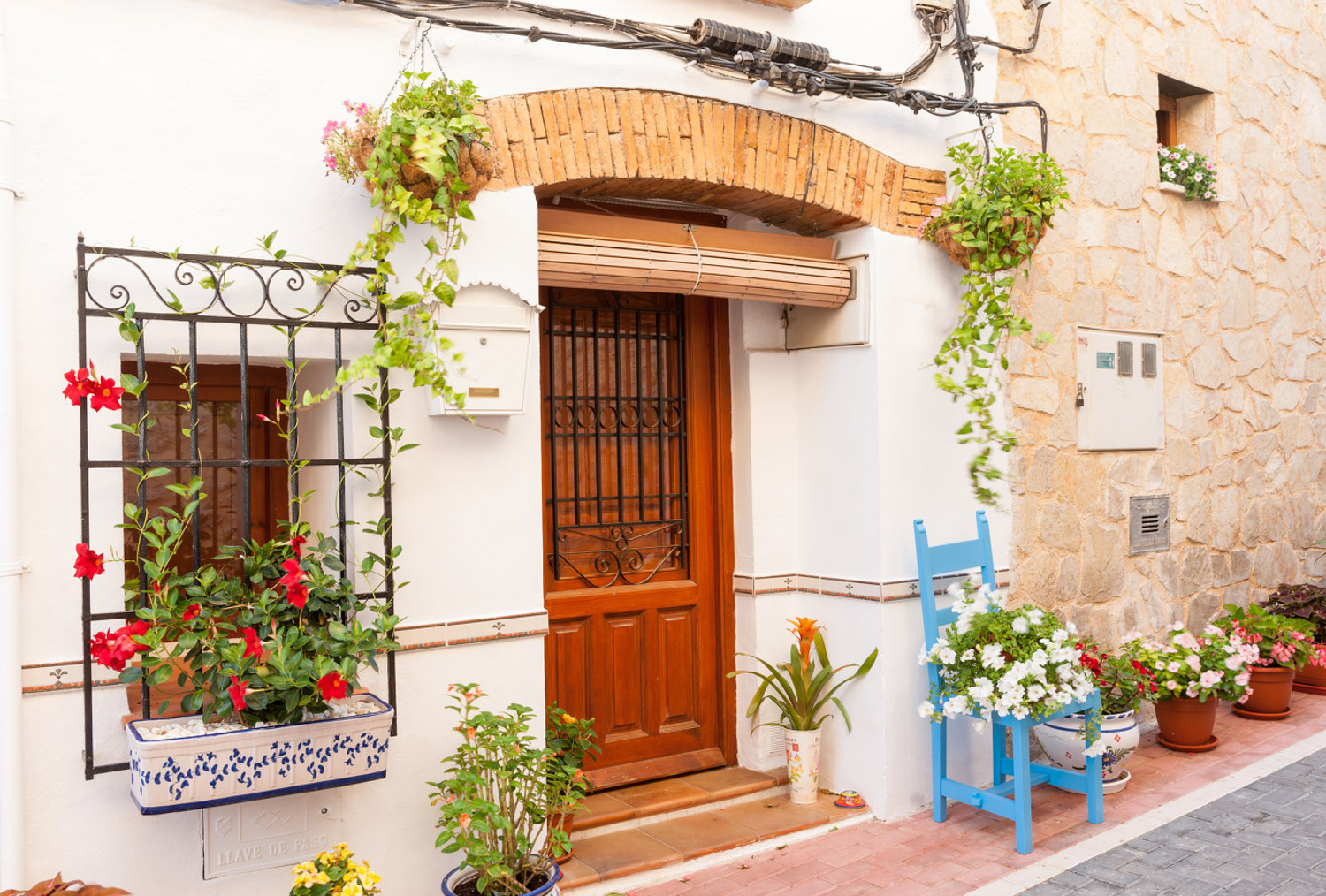
4. If it is leaf induced root, it can be as shown in the figure below
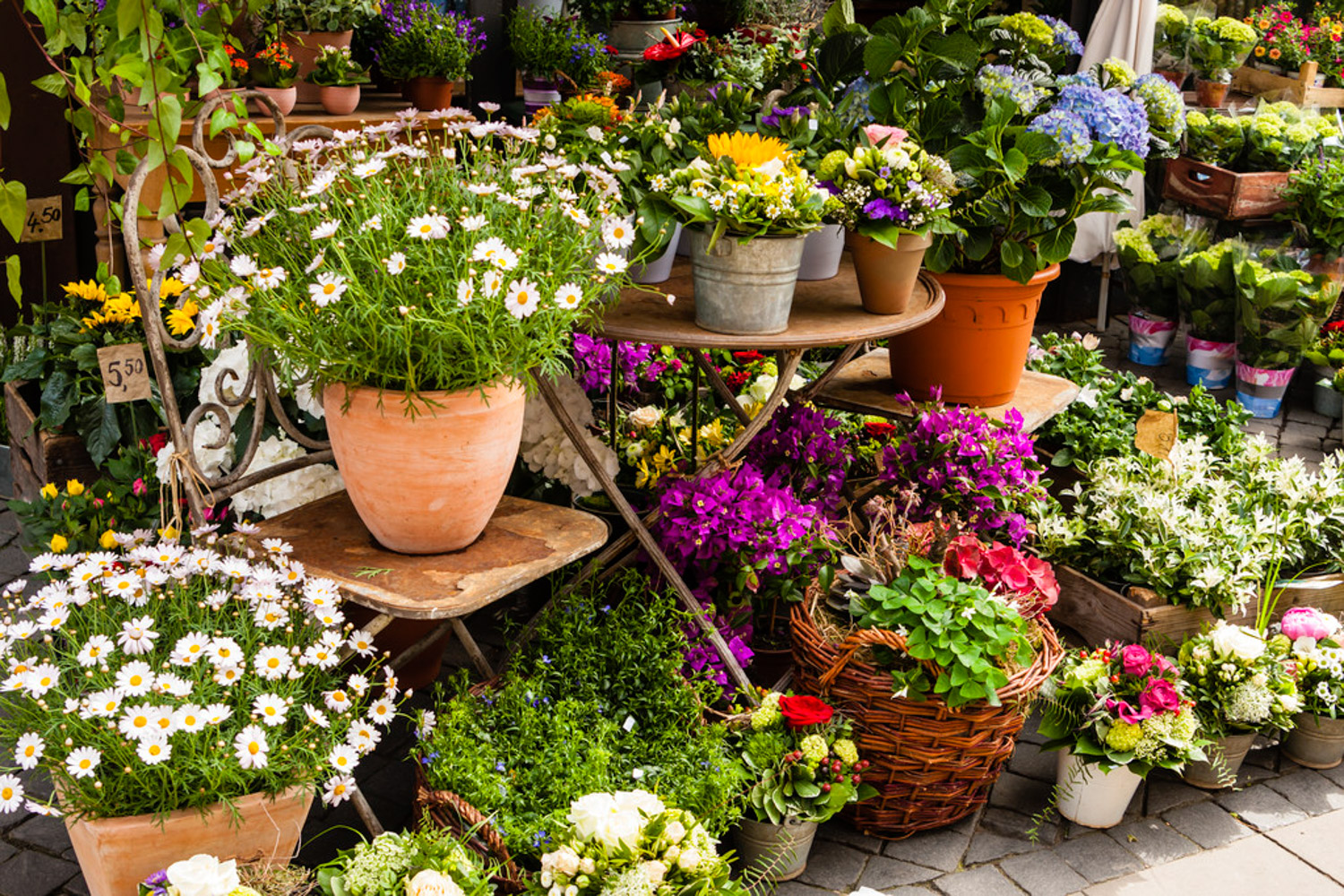
How to grow roots with more meat
1. Succulent root cultivation is a long-term process. Be patient. Do not change pots, transplant and prune roots frequently during daily maintenance. Try to plant in one step. Without special circumstances, it should be maintained for more than one year. Otherwise, continuous pot change and pruning will seriously affect the development of succulent root system
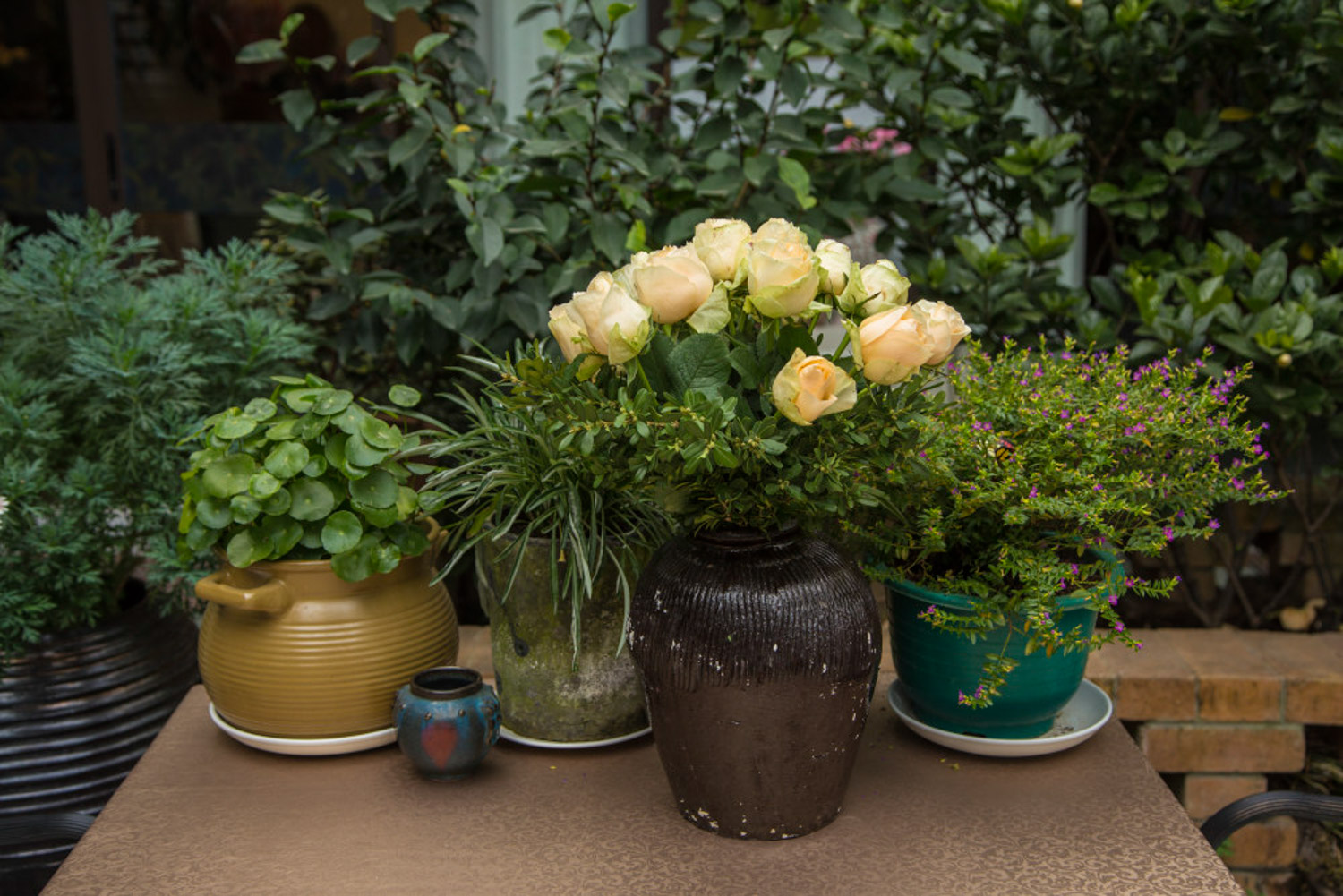
2. Fleshy soil is the key to root cultivation. All fleshy soil must have granular matrix to ensure air permeability. Otherwise, it is easy to cause soil ponding, poor root respiration and rotten roots
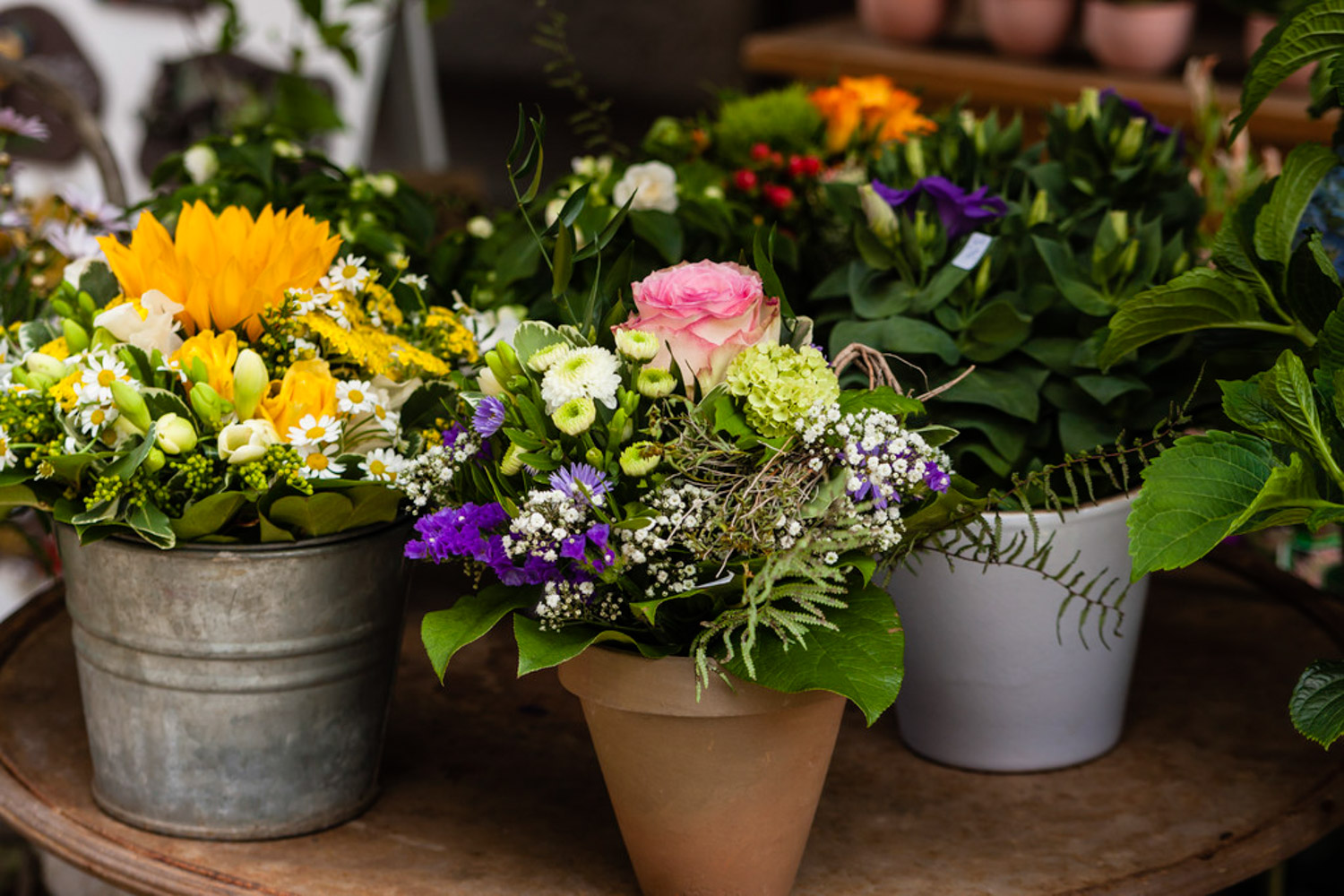
In the environment with good ventilation and low humidity, such as balcony and windowsill, the proportion of peat soil: Perlite: rice husk carbon: light stone (or phytolith) = 4:2:1:1 can be used
In humid and muggy environments, such as greenhouses, greenhouses and glass houses, red jade soil: granular Peat: Perlite: rice husk carbon: light stone = 4:2:1:1:2 can be used
3. The basin for planting succulent plants should not be too large. The basin bottom and basin wall should have holes and good air permeability
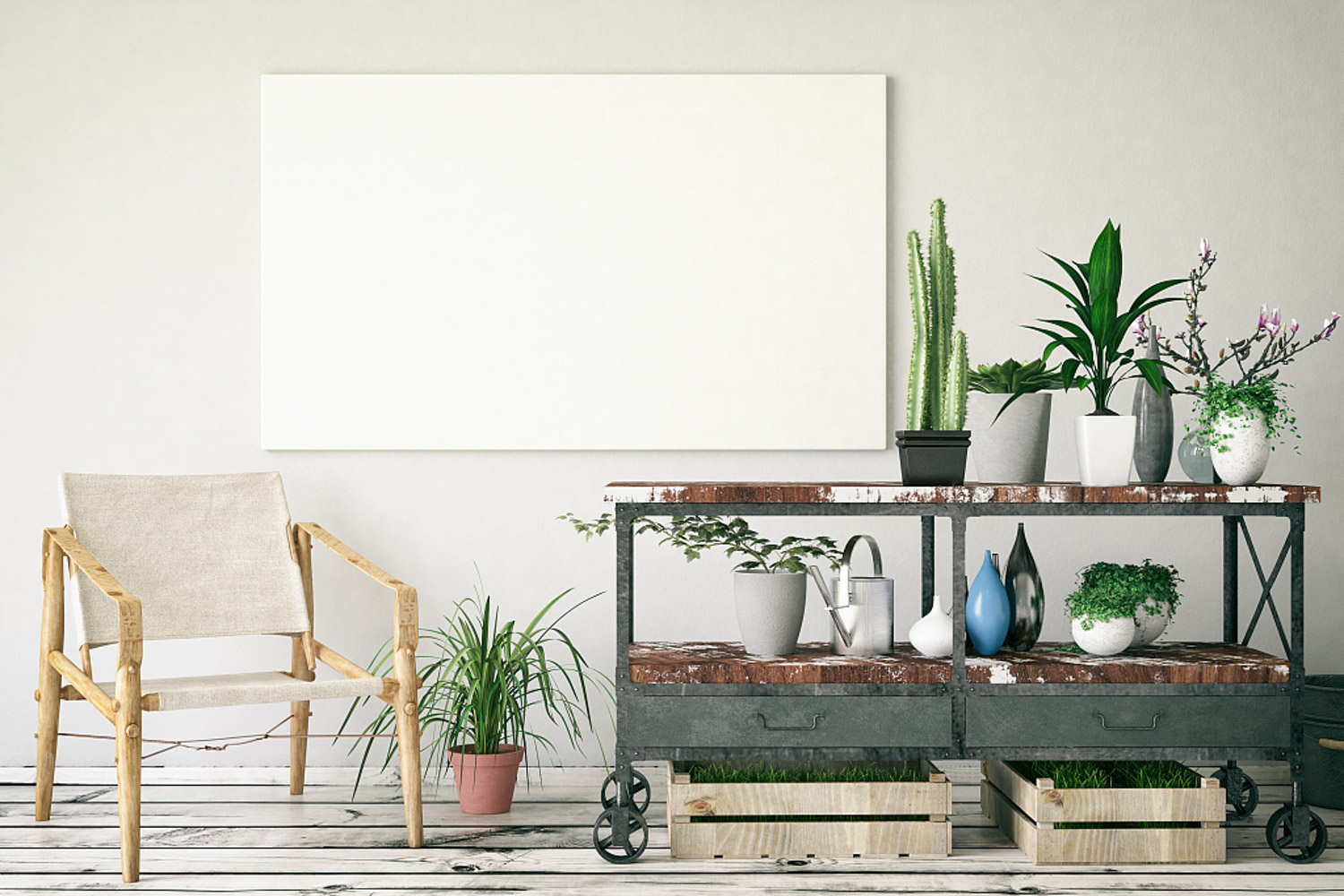
4. At present, there are some auxin to promote root development, such as naphthylacetic acid, but these drugs are not recommended to be sprayed for a long time, but they can be sprayed occasionally
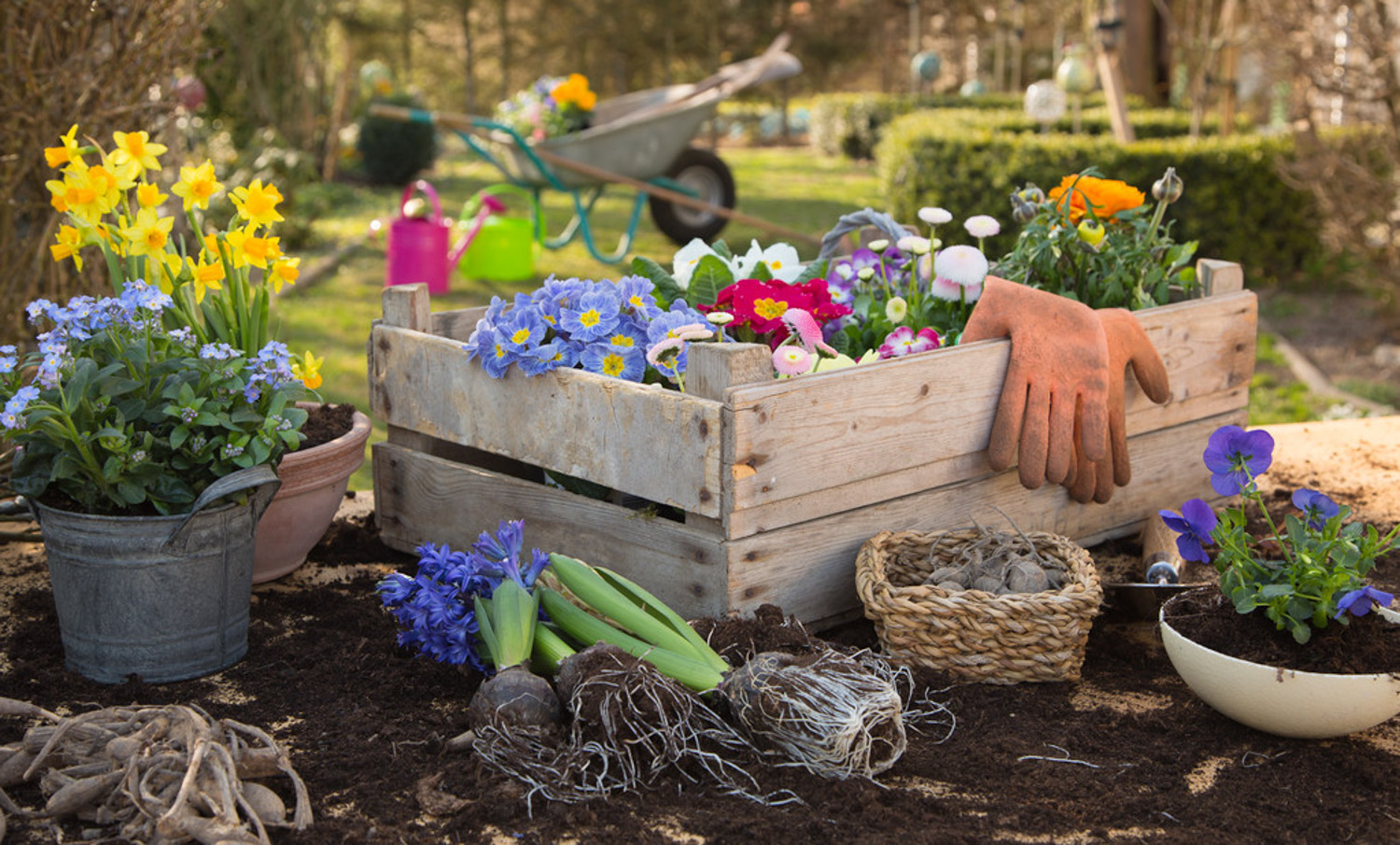
3、 Fortune tree root cultivation method
How do fortune trees lure roots
The most common and harmful thing of fortune tree is rotten root, and the root system of fortune tree itself is not developed. Therefore, it is very important to raise roots
1. Clean up the rotten roots and trunk of the rich tree with rotten roots

2. Place the root in carbendazim solution and soak for 30 minutes

3. Put the fortune tree in a cool and ventilated place to dry for 1-2 days. During the drying period, spray water to the plant every 3 hours

4. Apply rooting powder on the root of fortune tree, and then put it upright in a shallow dish filled with water and in a place with astigmatism and ventilation to keep it moist

5. In less than two weeks, the fortune tree will grow many small roots, fine and dense, which is really gratifying

How does a fortune tree grow its roots
1. The root system of fortune tree is underdeveloped, and the demand for water is not large, so it is not suitable to pour too much water. Most people pour fortune tree to death. Generally speaking, watering fortune tree once or twice a month is not less, and more may rot roots. Anyway, it's better to dry than waterlogging

2. Generally, the roots of potted fortune trees are not very developed and strong, and the permeability is not strong. Ponding can easily lead to rotten roots. Therefore, the basin soil must be made of acid sandy loam with good drainage performance and humus. Generally, 6 parts of garden soil, 2 parts of rotten organic fertilizer, 2 parts of coarse sand and 2 parts of coal cinder are used to make culture soil. The basin or tank is at least 40 cm deep, which is conducive to the growth and development of roots


 how many times do yo...
how many times do yo... how many planted tre...
how many planted tre... how many pine trees ...
how many pine trees ... how many pecan trees...
how many pecan trees... how many plants comp...
how many plants comp... how many plants can ...
how many plants can ... how many plants and ...
how many plants and ... how many pepper plan...
how many pepper plan...



























